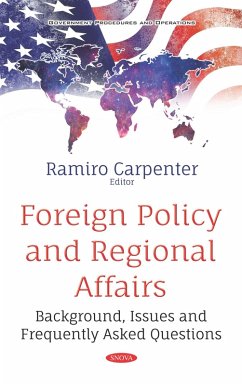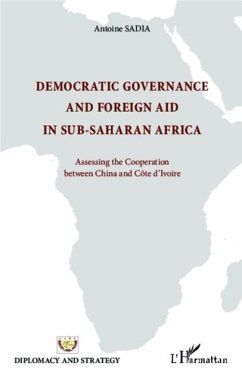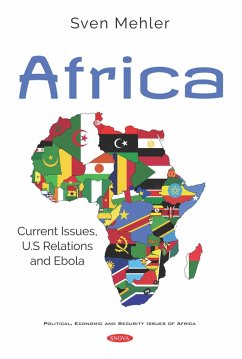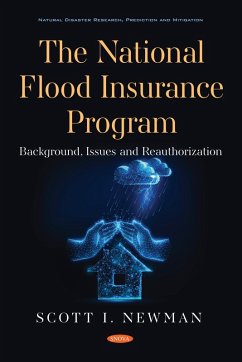
Israel and Palestine: Background, U.S Relations and Foreign Aid (eBook, PDF)

PAYBACK Punkte
89 °P sammeln!
Since Israel's founding in 1948, successive U.S. Presidents and many Members of Congress have demonstrated a commitment to Israel's security and to close U.S.-Israel cooperation. Strong bilateral ties influence U.S. policy in the Middle East, and Congress provides active oversight of the executive branch's actions. Israel is a leading recipient of U.S. foreign aid and a frequent purchaser of major U.S. weapons systems. The Palestinians are an Arab people whose origins are in present-day Israel, the West Bank, and the Gaza Strip. Congress pays close attention-through legislation and oversight-t...
Since Israel's founding in 1948, successive U.S. Presidents and many Members of Congress have demonstrated a commitment to Israel's security and to close U.S.-Israel cooperation. Strong bilateral ties influence U.S. policy in the Middle East, and Congress provides active oversight of the executive branch's actions. Israel is a leading recipient of U.S. foreign aid and a frequent purchaser of major U.S. weapons systems. The Palestinians are an Arab people whose origins are in present-day Israel, the West Bank, and the Gaza Strip. Congress pays close attention-through legislation and oversight-to the Palestinians' ongoing conflict with Israel. The current structure of Palestinian governing entities dates to 1994. In that year, Israel agreed with the Palestine Liberation Organization (PLO) to permit a Palestinian Authority (PA) to exercise limited rule over Gaza and specified areas of the West Bank, subject to overarching Israeli military administration that dates back to the 1967 Arab-Israeli War. Israel's political impasse with the Palestinians continues. Israel has militarily occupied the West Bank since the 1967 Arab-Israeli war, with the PA exercising limited self-rule in some areas since the mid-1990s. The Trump Administration's recognition of Jerusalem as Israel's capital in December 2017 and its relocation of the U.S. embassy there in May 2018 were greeted warmly by Israel but rejected by Palestinians and many other international actors.
Dieser Download kann aus rechtlichen Gründen nur mit Rechnungsadresse in A, B, BG, CY, CZ, D, DK, EW, E, FIN, F, GR, HR, H, IRL, I, LT, L, LR, M, NL, PL, P, R, S, SLO, SK ausgeliefert werden.













